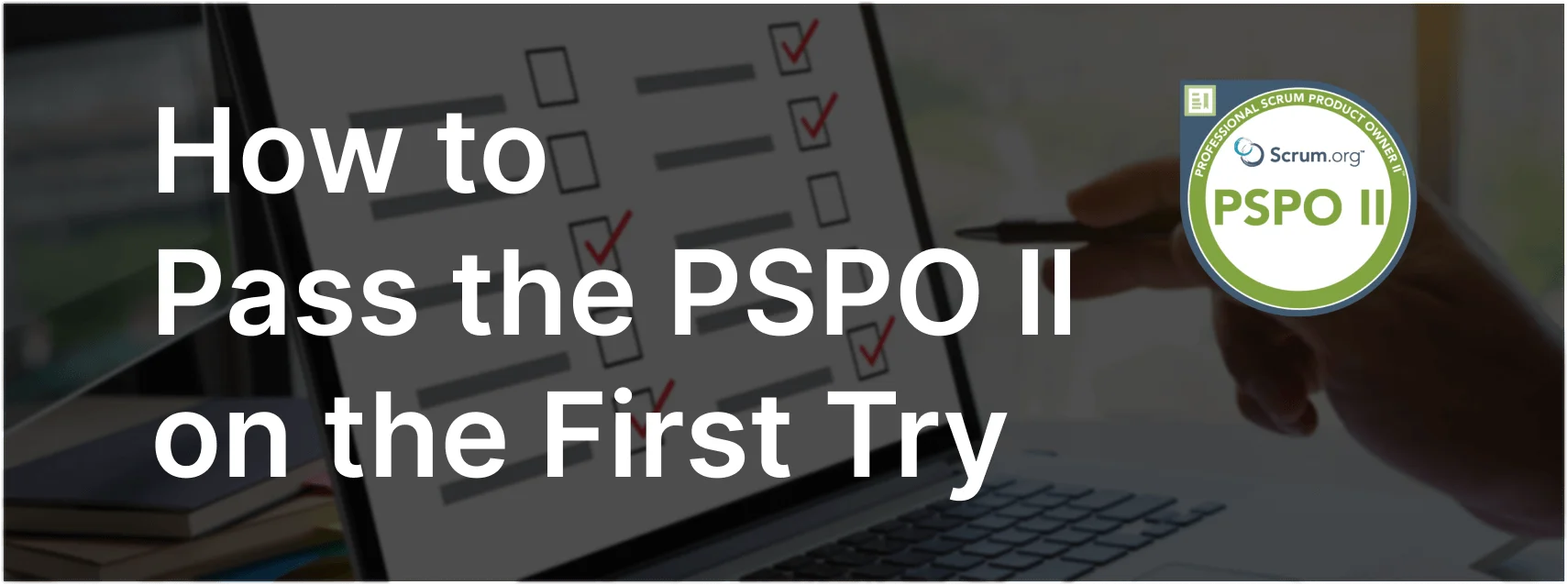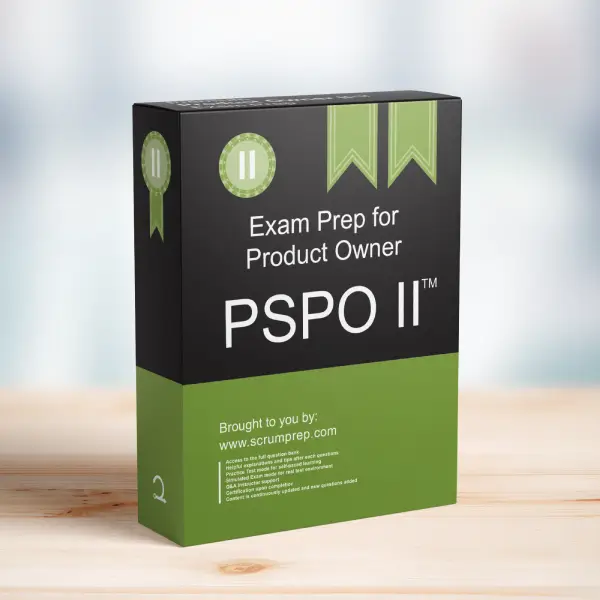Maximizing Product Value: The Primary Role of the Product Owner
Understanding the most critical responsibility of a Product Owner is essential for effectively managing and maximizing the value delivered by the product. This article explores the key role of the Product Owner and its impact on product success.
Exam Question
The most important thing a Product Owner can do is:
(choose the best answer)
A. Determine the release schedule and contents.
B. Maximize the value delivered by the product.
C. Act as the single source of truth for all requirements.
D. Ensure that all stakeholders’ needs are met.
Correct Answer
B. Maximize the value delivered by the product.
Explanation
Correct Answer
B. Maximize the value delivered by the product:
The primary responsibility of the Product Owner is to maximize the value delivered by the product. This involves prioritizing and ordering Product Backlog items, ensuring that the most valuable features and improvements are delivered first, and keeping the Product Backlog up to date and in a healthy state. The Product Owner also ensures that Product Backlog items are refined enough to be actionable.
Incorrect Answers
A. Determine the release schedule and contents: While determining the release schedule and contents is part of the Product Owner’s responsibilities, it is not the most critical task. The focus should always be on maximizing value rather than just planning releases.
C. Act as the single source of truth for all requirements: Although the Product Owner is responsible for maintaining and communicating the Product Backlog, their role extends beyond being a repository of requirements. They need to prioritize and order these requirements to maximize value.
D. Ensure that all stakeholders’ needs are met: Meeting stakeholders’ needs is important, but it is not the ultimate goal. The Product Owner must balance various needs and focus on delivering the highest value, even if not all stakeholders’ needs are met immediately.
Responsibilities in Scrum
- Product Owner: The Product Owner is accountable for maximizing the value of the product resulting from the work of the Scrum Team. This involves ordering the Product Backlog based on value, stakeholder input, and market conditions, ensuring the Product Backlog is up to date, in a healthy state, and refined enough.
- Scrum Master: Supports the Product Owner by facilitating Scrum events, helping to remove impediments, and ensuring that Scrum principles are adhered to.
- Developers: Work on transforming Product Backlog items into Increments of value. They collaborate with the Product Owner to understand the priorities and deliver high-quality work.
Relevance to the PSPO II Exam
Understanding the primary responsibility of the Product Owner is crucial for the PSPO II exam. This knowledge ensures that candidates can effectively prioritize and maximize value, a core aspect of successful product management in Scrum.
Key Takeaways
- The primary role of the Product Owner is to maximize the value delivered by the product.
- Prioritizing and ordering the Product Backlog based on value is essential.
- Ensuring the Product Backlog is up to date, in a healthy state, and items are refined enough.
- Balancing stakeholder needs and focusing on high-value items leads to better product outcomes.
Conclusion
Maximizing the value delivered by the product is the most important responsibility of a Product Owner. By prioritizing and ordering the Product Backlog effectively, the Product Owner ensures that the Scrum Team delivers the highest value to stakeholders and the organization. For more information on preparing for the PSPO II exam, visit our PSPO II Exam Prep.



